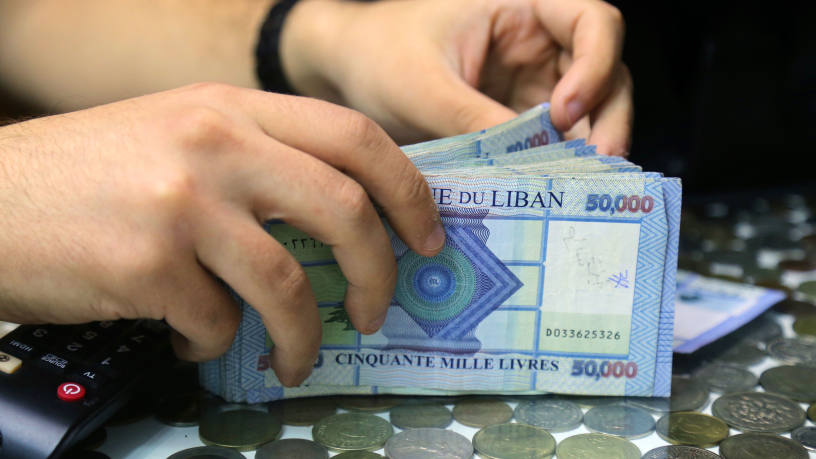Three years ago, the Lebanese pound, pegged at around 1507.5 to the US dollar since 1997, began to wobble. Concerns about the declining value of the currency were dismissed by Riad Salamé, the veteran governor of the Banque du Liban (BdL), who told The Banker that the peg was secure, and that reports of a divergent black-market rate were a “misrepresentation” of the true situation.
Today, Lebanon’s economy lies in ruins. Following the 2019 collapse of BdL’s controversial “financial engineering” programme — which offered the country’s lenders high interest rates to attract dollar deposits to support the currency peg — and the country’s first-ever sovereign debt default the following year, Lebanon is enduring what the World Bank describes as a financial and economic crisis “likely to rank in the top 10, possibly top three, most severe crises episodes globally since the mid-19th century”.













